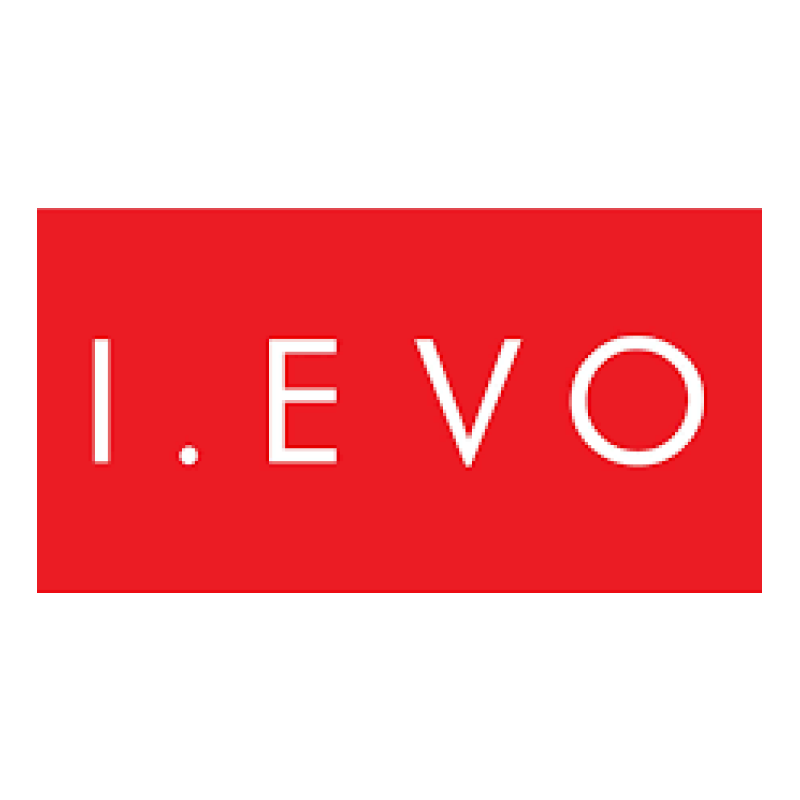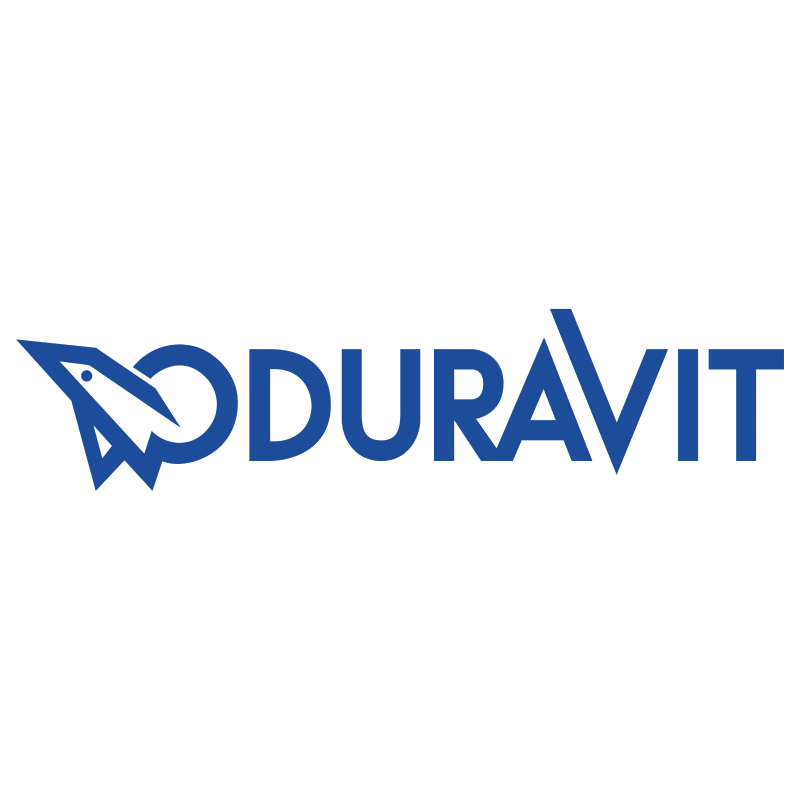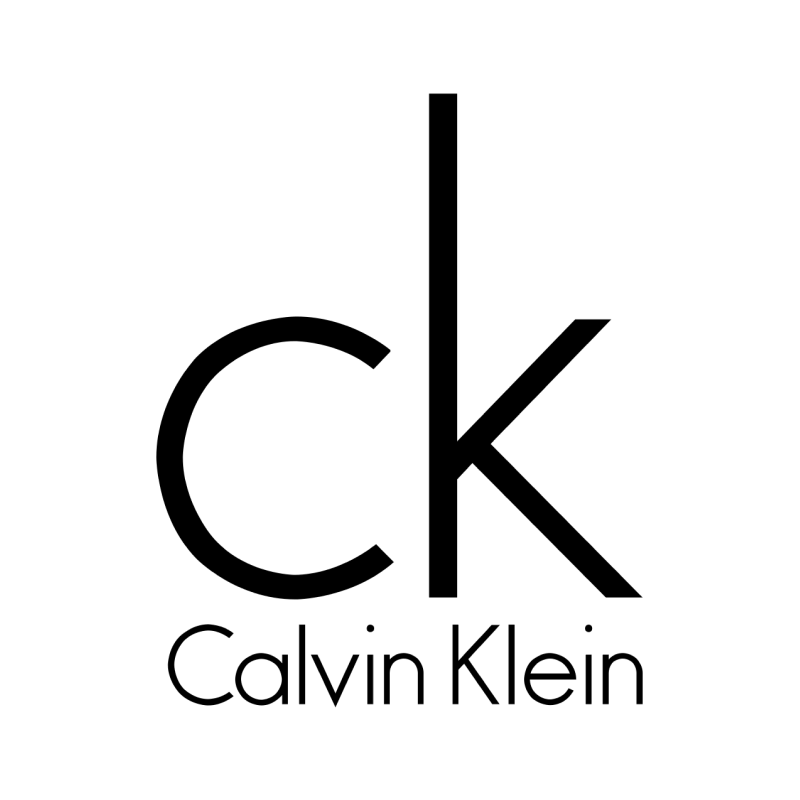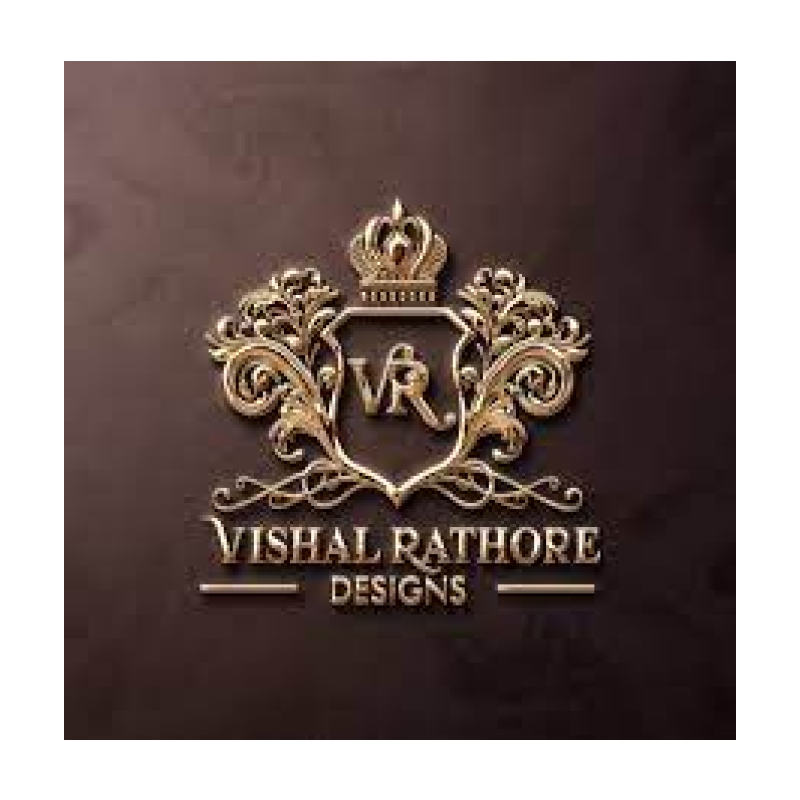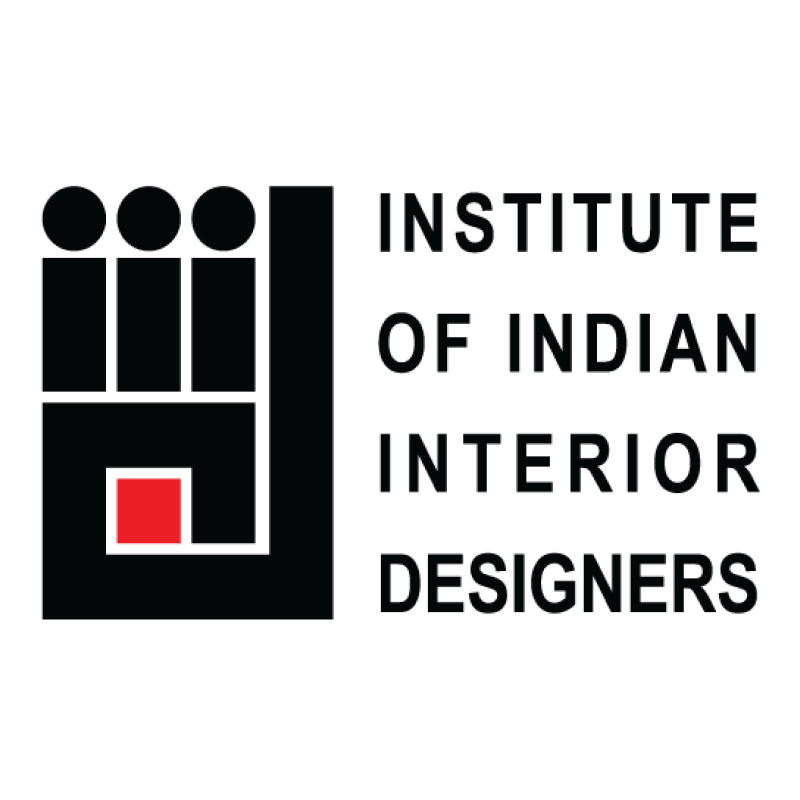Overview & Learning Outcomes of b.voc
Admission Enquiry
About B.voc
A Bachelor of Vocation (B.Voc) degree in Designing is an innovative undergraduate program that focuses on skill-based education, combining practical training with theoretical knowledge. Unlike traditional degrees, B.Voc programs emphasize hands-on experience, industry exposure, and real-world applications, making graduates highly employable and industry-ready. The curriculum often includes internships, workshops, and projects that help students build a robust portfolio and gain practical insights. The benefits of a B.Voc in Designing include enhanced employability, a strong foundation in design principles, and the ability to adapt to the rapidly changing demands of the creative industries.
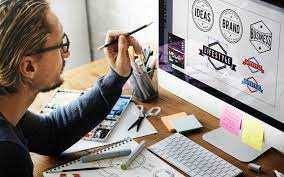
Fees
1,27,520/- per year
Duration
3 Years
Semester 1
- Basics Of Fashion
- Basics Of Fashion
- Textile Embroidery and Printing
- Introduction To Pattern Making and Construction
Semester 2
- Advance Fashion Rendering
- Fabric Construction and Ornamentation
- Mid Segment Fashion Model
- Basics Of Business of Fashion
- Sewing And Pattern Making for Women
Semester 3
- Clothing Industry Overview
- Pattern Grading and Garment Construction for Men
- Advance Textile Study
- Principles Of Retailing
- World Fashion History
Semester 4
- Fashion design and industry overview
- Pattern Grading & Garment Construction: Unisex
- Textile science
- Apparel marketing management
- History of Indian fashion
Semester 5
- Design Studio: Haute Couture
- Quality Control for Fabrics
- Care And Renovation Of Textiles
- Garment Up Cycling
Semester 6
- Design Studio: Avant Garde
- Quality Control: AQL
- Textile Finishes
- Apparel Reconstruction and Deconstruction
- Dissertation
Learning Outcomes
- Gain comprehensive knowledge and skills: Know your chosen field
- In-Depth understanding of industry: Know the market demands & consumer
- Knowledge of design software and techniques: Field essential
- Cultivate creativity, innovation, and problem-solving abilities
- Effective communication and presentation skills: Articulate Design Concepts
- Technical Skills: Create & Design
- Acquire hands-on experience through internships, industry projects, and practical workshops.
- Develop a professional portfolio showcasing design projects, techniques and achievements.
- Build a strong network of industry contacts through mentorship
- Programs and industry collaborations.
- Creative Development: Understanding of color theory & trends
- Business Acumen: Market knowledge & business management

